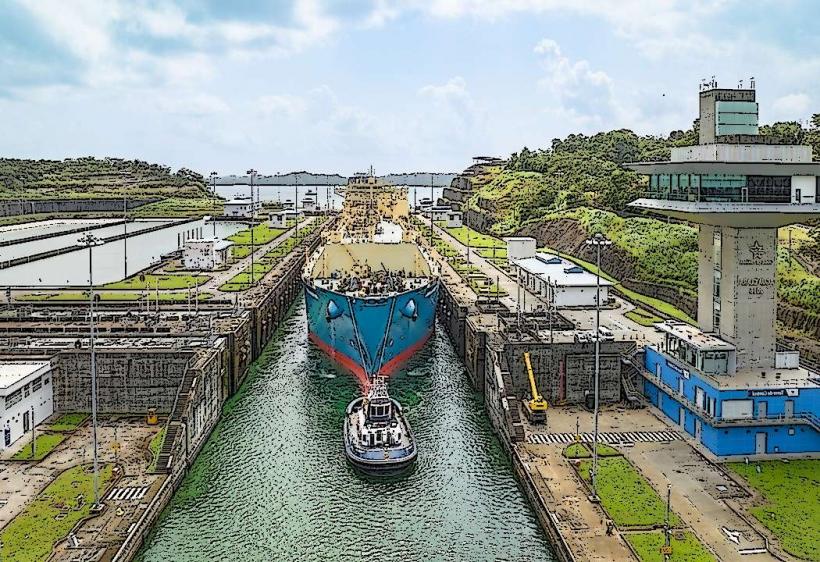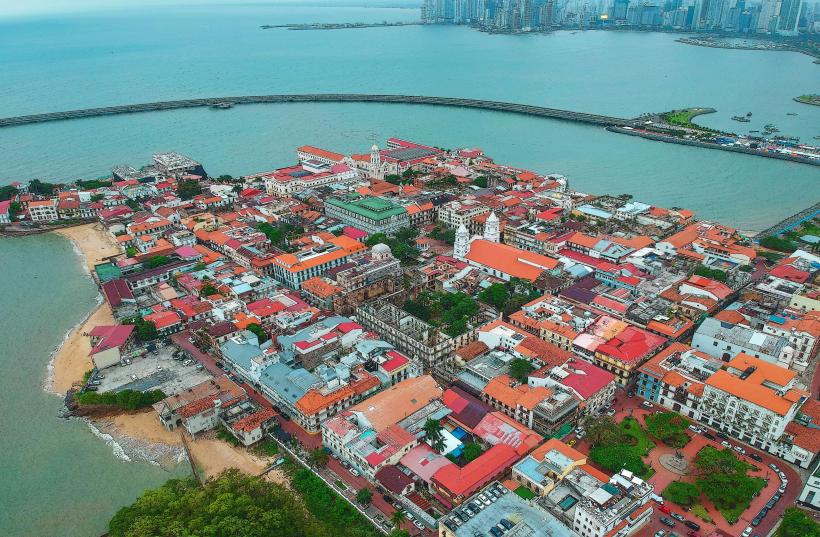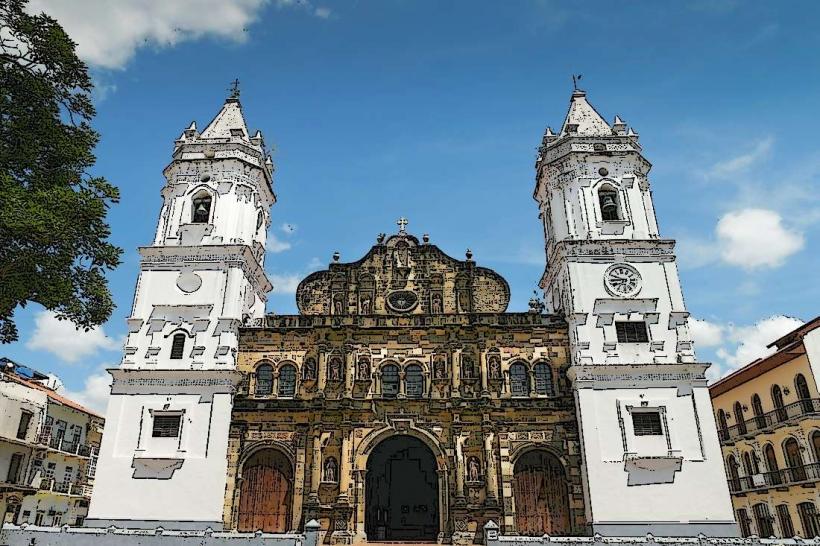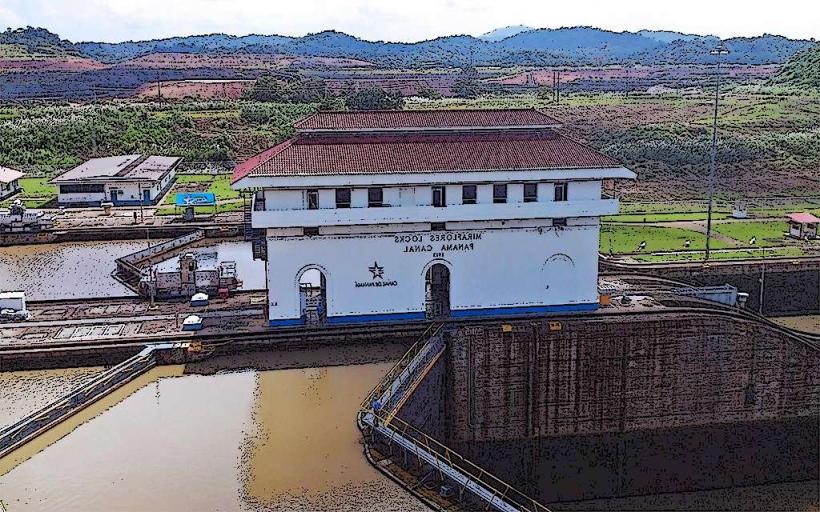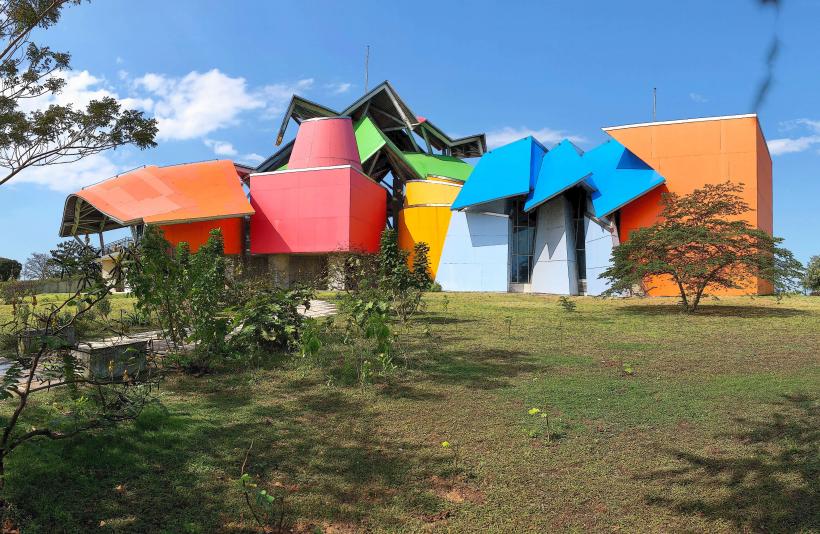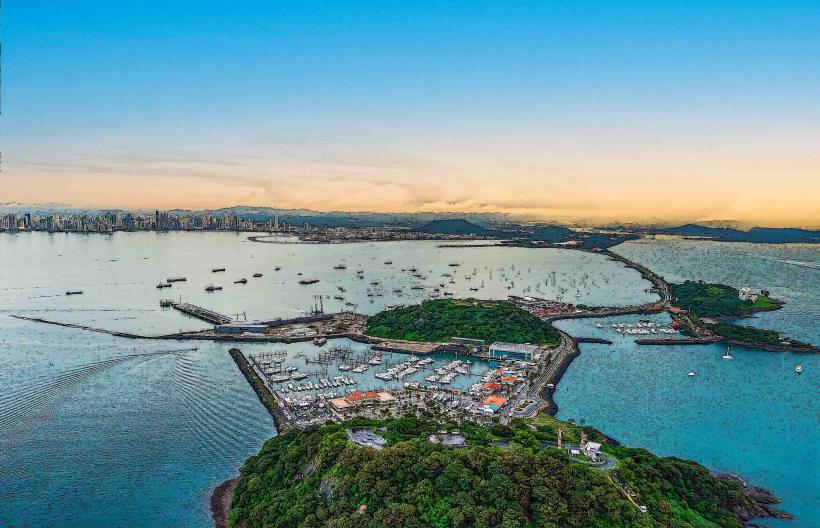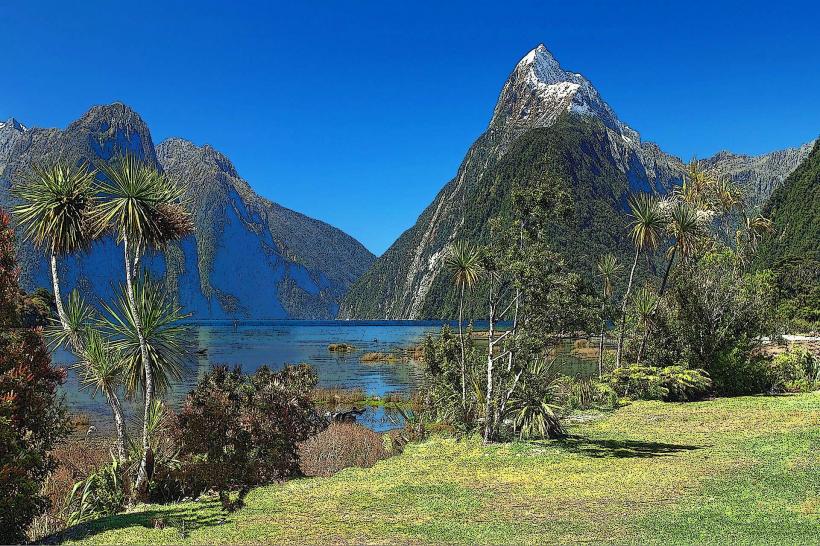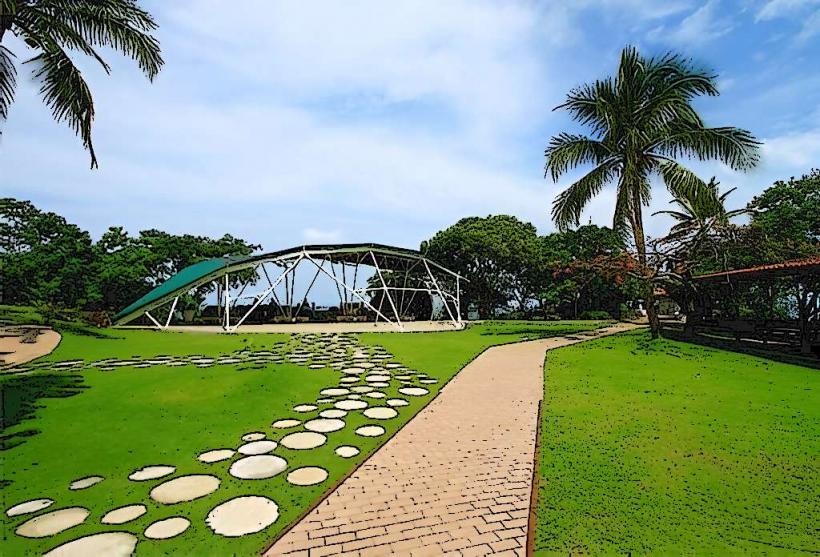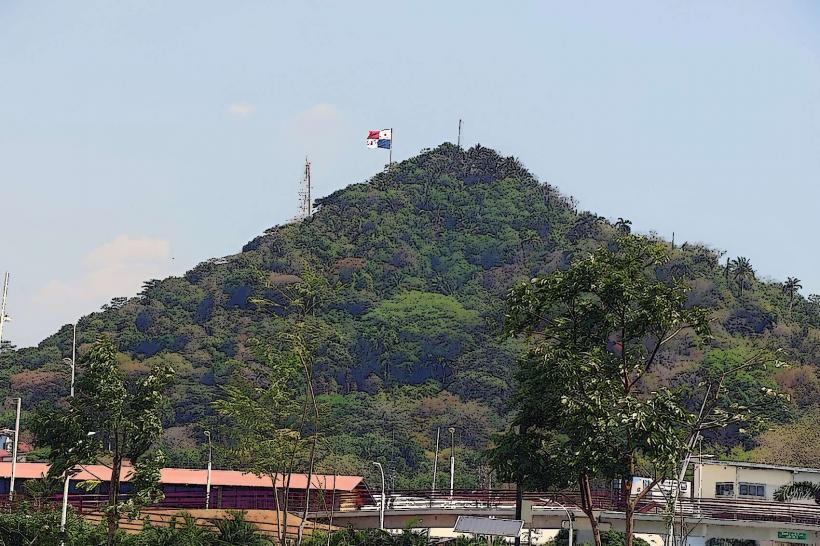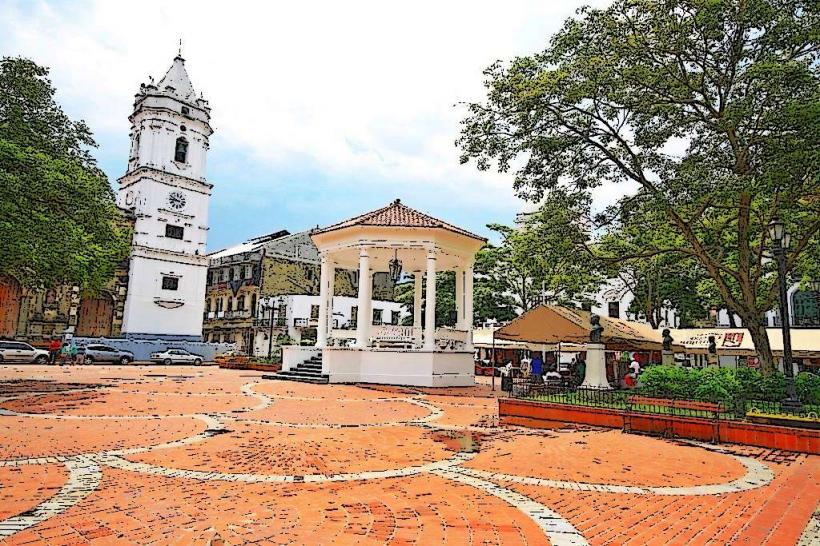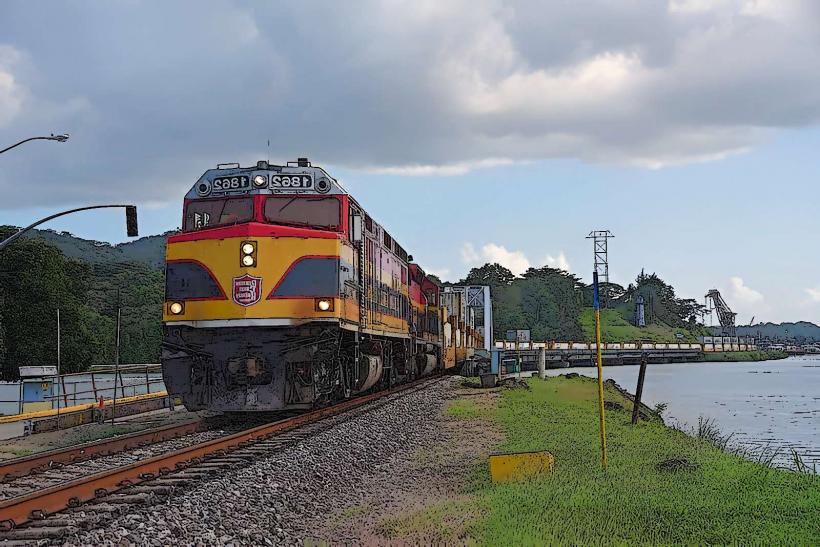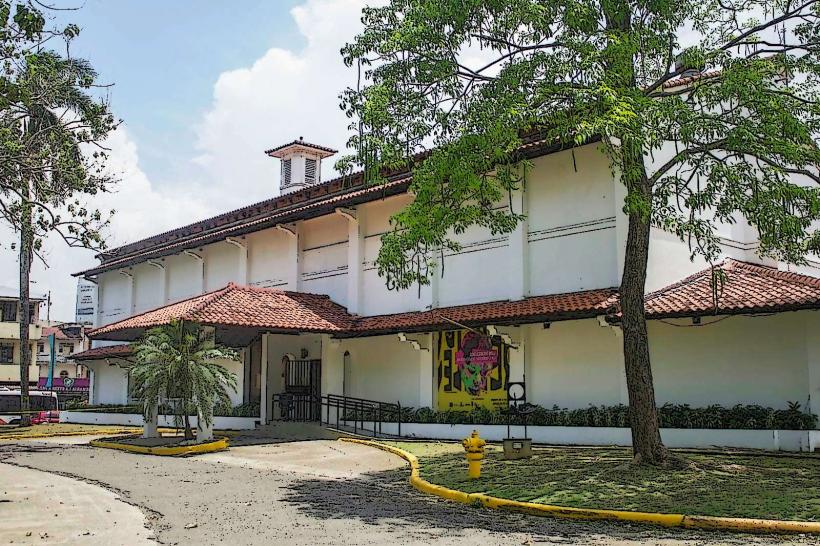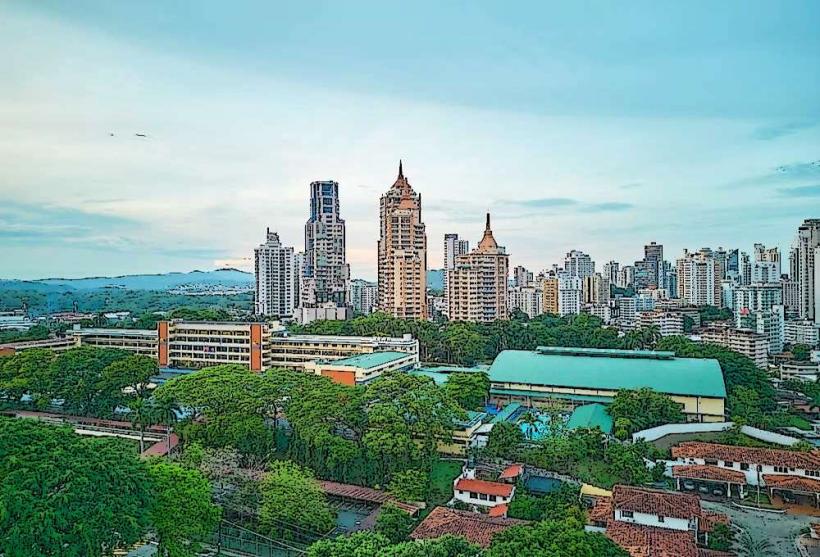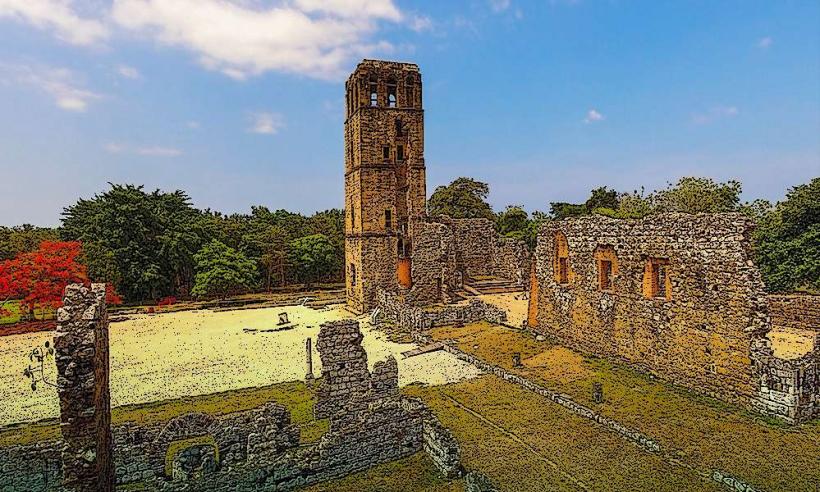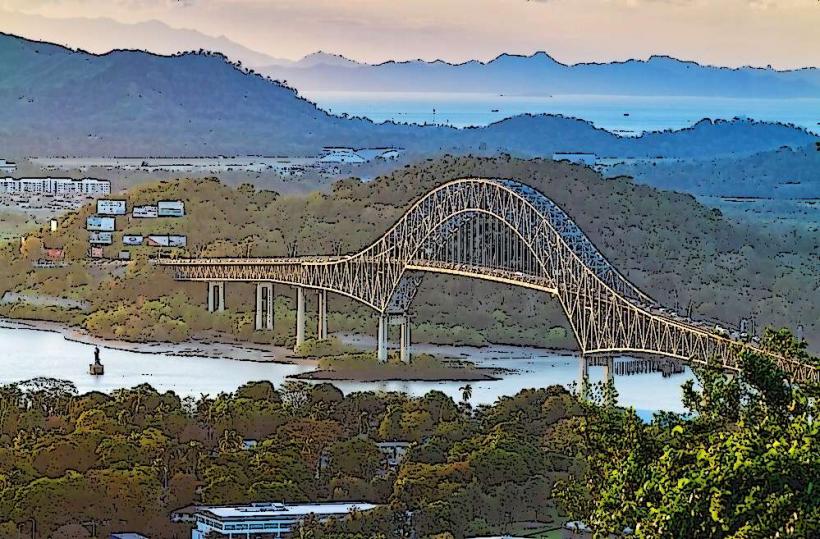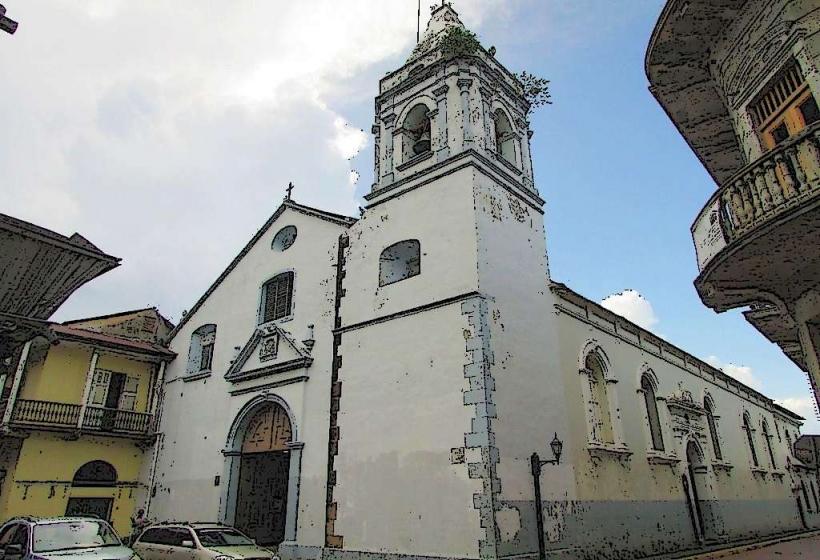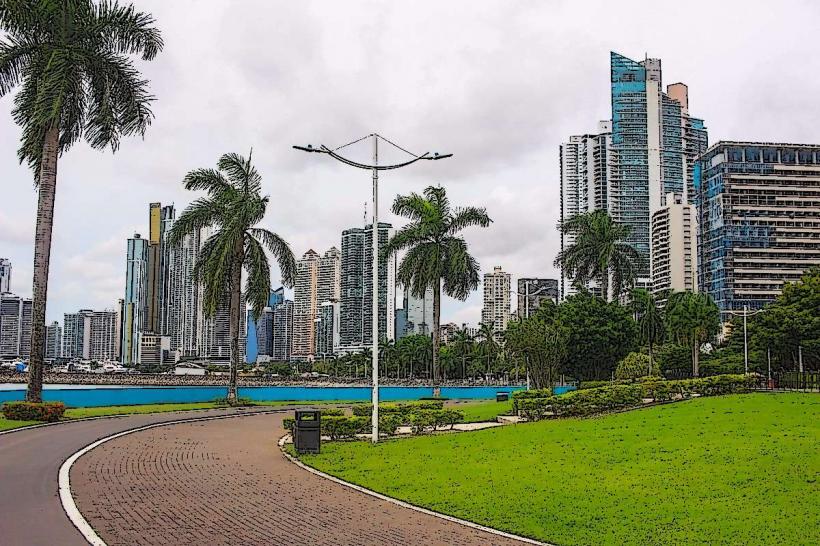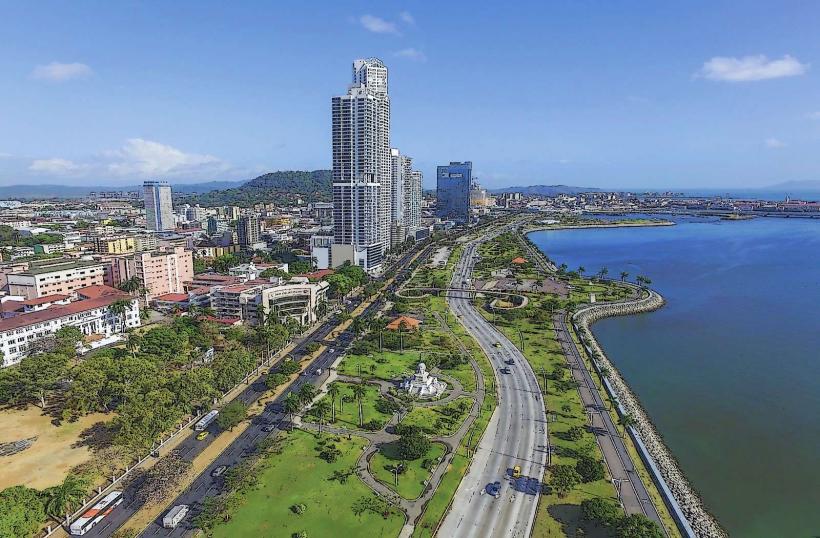Information
City: Panama CityCountry: Panama
Continent: North America
Panama City, Panama, North America
Panama City is the capital and largest city of Panama, situated at the Pacific entrance of the Panama Canal. It is the most significant financial and logistical hub in Central America, characterized by a skyline of over 250 skyscrapers and a unique juxtaposition of ultra-modern infrastructure and Spanish colonial heritage.
2026 Strategic & Infrastructure Context
Panama Canal Expansion: As of 2026, the Panama Canal Authority (ACP) is implementing advanced water-saving technologies and new reservoir projects to mitigate the impact of recurring droughts on transit volumes.
Metro Line 3: Construction is nearing completion on the Línea 3 of the Panama Metro, which features a monorail system crossing over the Panama Canal via the new Fourth Bridge, connecting the city center to Panama Oeste.
Digital Hub: The city has solidified its status as the "Digital Hub of the Americas," hosting the regional headquarters for major tech conglomerates and the highest concentration of subsea fiber optic cables in Latin America.
Demographics & Population
The 2026 population of the Panama City metropolitan area is approximately 1.9 million. The demographic is a highly diverse "melting pot" (crisol de razas), including Mestizo, Afro-Panamanian, European, and significant Chinese and Jewish communities. The city also hosts one of the largest expatriate populations in the region.
Urban Layout & Key Districts
Casco Viejo (San Felipe): The historic colonial district and a UNESCO World Heritage site, known for its cobblestone streets, ruins, and restored 17th-century buildings.
Punta Pacifica & Costa del Este: High-end residential and commercial districts featuring luxury high-rises, international schools, and corporate offices.
Bella Vista (Cinta Costera): A prominent waterfront area with a multi-lane highway, extensive parks, and pedestrian walkways along the Bay of Panama.
Ancon: A former Canal Zone township characterized by lush tropical vegetation, low-density colonial housing, and the iconic Ancon Hill.
Top Landmarks
Panama Canal (Miraflores Locks): The most visited site, featuring a visitor center and observation decks to watch Neo-Panamax vessels transit the locks.
Biomuseo: A world-renowned museum of biodiversity designed by Frank Gehry, located on the Amador Causeway.
Panamá Viejo: The archaeological ruins of the original city founded in 1519, which was destroyed by pirate Henry Morgan in 1671.
Metropolitan Natural Park: A 232-hectare tropical forest within the city limits, providing a habitat for sloths, monkeys, and hundreds of bird species.
Transportation Network
Air: Tocumen International Airport (PTY), the "Hub of the Americas," offers the most extensive flight network in Latin America. Albrook "Marcos A. Gelabert" Airport (PAC) handles domestic and regional flights.
Maritime: The city is flanked by the Port of Balboa (Pacific) and is a short train or highway journey from the Port of Colon (Atlantic).
Public Transit: The only city in Central America with a modern Metro system (Lines 1 and 2 active, Line 3 in progress) and an integrated "MetroBus" network.
Digital & Financial Infrastructure
The city is a global banking center with over 80 international banks. Connectivity is world-class with widespread 5G availability. The official currency is the Panamanian Balboa (PAB), which is at a 1:1 parity with the US Dollar (USD); the USD is the primary circulating paper currency.
Local Cost Index (USD)
1 Metro trip: $0.35–$0.50
1 Taxi/Uber across town: $4.00–$10.00
1 Mid-range dinner for two: $40.00–$70.00
Facts & Legends
Legend says the name "Panama" comes from an indigenous word meaning "abundance of fish and butterflies." A geographic fact: Panama City is the only world capital that contains a primary rainforest within its city limits. Historically, it was the first European city established on the Pacific coast of the Americas, serving as the transit point for the gold and silver of the Inca Empire on its way to Spain.

